You recently got married or started a family or bought your first home, and now it’s apparent that you need an estate plan. The problem is that you’re not sure where to begin or how to go about the process. You also want to cover all your bases and do everything correctly to avoid all the horror stories of leaving a nightmarish estate behind. The truth is that a complete estate plan requires several key components, which include the following:
Last Will & Testament
A Last Will & Testament is essential to your estate plan, but it’s not the only document you need. It lays out exactly how you want to distribute your assets and property after you pass away when it is your core planning document, or it simply says to pass everything to your trust if you’ve incorporated a trust into your plan. Your will should also name the individual responsible for managing your estate after your passing (this person is known as the executor).
Trusts
There are many reasons to create a trust and in California they are often the core planning document. Trusts ultimately allow you to protect assets from going through the probate process, ensure that beneficiaries will receive the inheritance you intend, and set some parameters for how that inheritance is to happen whether it be relating to age of receipt or divorce protection in the future. Remember that you must also name a trustee, the person responsible for managing the assets within the trust (this person is known as the successor trustee).
Power of Attorney
People often forget to include a Power of Attorney in their estate plan. It is valuable when you can’t make important decisions due to incapacitation. In other words, you get to determine the people who’ll handle your financial affairs when you can no longer do so yourself. It ensures that there’s minimal interruption for your family if something catastrophic should happen. While going through Probate Court to determine who gets what can be a pain, it can often be a bigger pain to be forced into a Conservatorship proceeding because someone does not have powers of attorney in their plan.
Healthcare Directives
You also have the option to name a healthcare proxy. This is a trusted individual who approves critical medical decisions on your behalf. It’s a type of Power of Attorney, but for medical decisions and you also get to determine precisely how you want to receive treatment and end-of-life care. A healthcare proxy will be there to carry out your best wishes and is particularly important for estate planning for elderly parents.
Beneficiary Designations
You also get to name the people who’ll receive assets from your financial accounts after you pass away. Remember, assets such as life insurance policies, bank accounts, and retirement funds require you to designate beneficiaries. When you pass away, these accounts/assets are distributed to them automatically without needing to go through Court.
This is a crucial step to any plan as accounts without a beneficiary listed may be force through Probate Court to be claimed by your estate. You may choose to name a person as your beneficiary (or set of people), or if you have a trust in place, you may choose to have the Trust be your beneficiary so that all of your wishes within the Trust are followed with every account.
Guardianships
Do you have minor children? If so, you should also name a guardian to take care of them if a tragedy happens. Unfortunately, guardianships are also commonly overlooked in estate planning. We always advise that you choose someone responsible and who can provide a stable home for your children.
The courts will determine who raises your children if you don’t name a guardian. Naturally, this is something that you want to avoid entirely. Ultimately, it would be best if you decided what happens to them.
Contact an Estate Planning Attorney Today
At Jenkins & Jenkins in San Diego, we assist many young families throughout California in preparing for the future. Our job is to accommodate your needs and make it easier to create an estate plan. Schedule an appointment with us today, and we can help you get started immediately!







